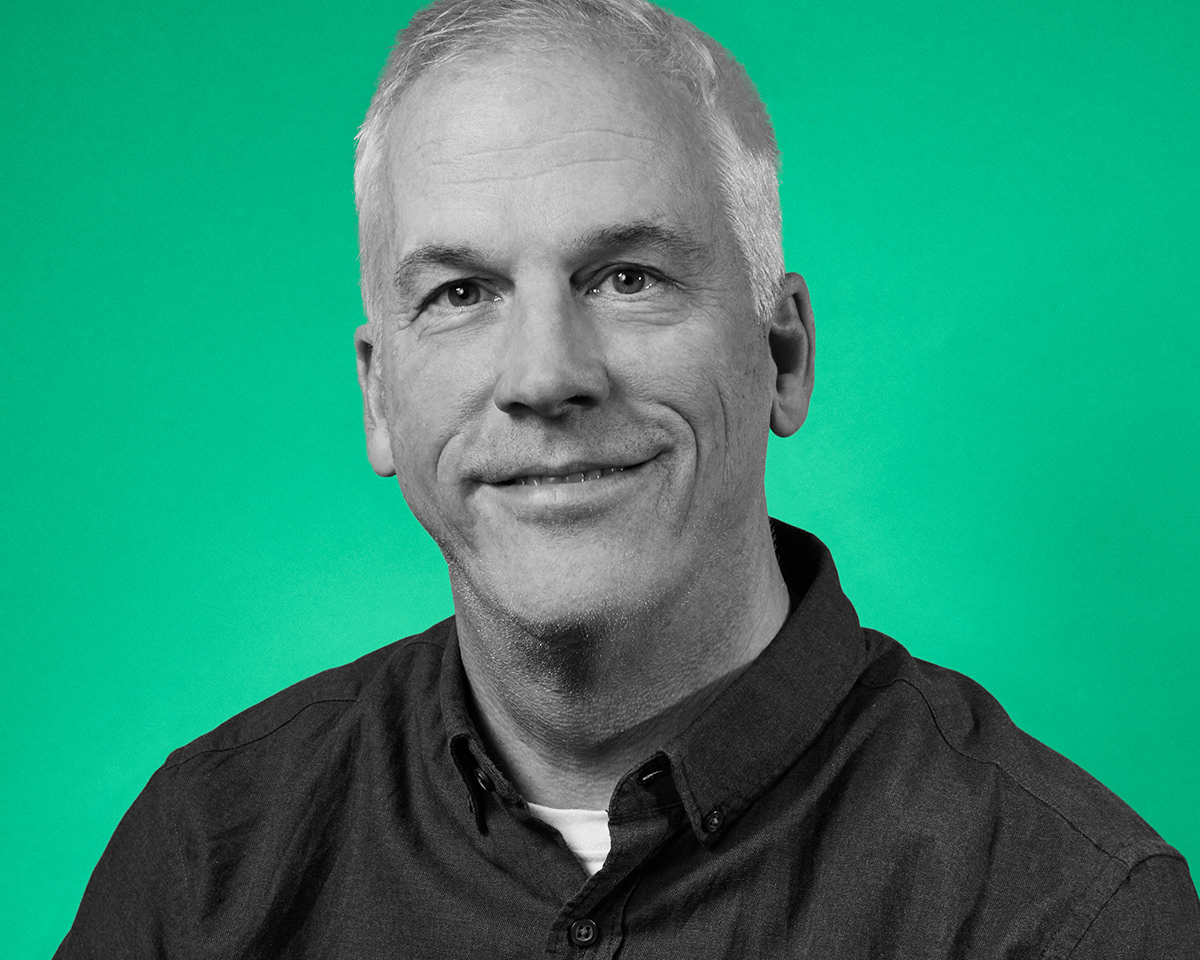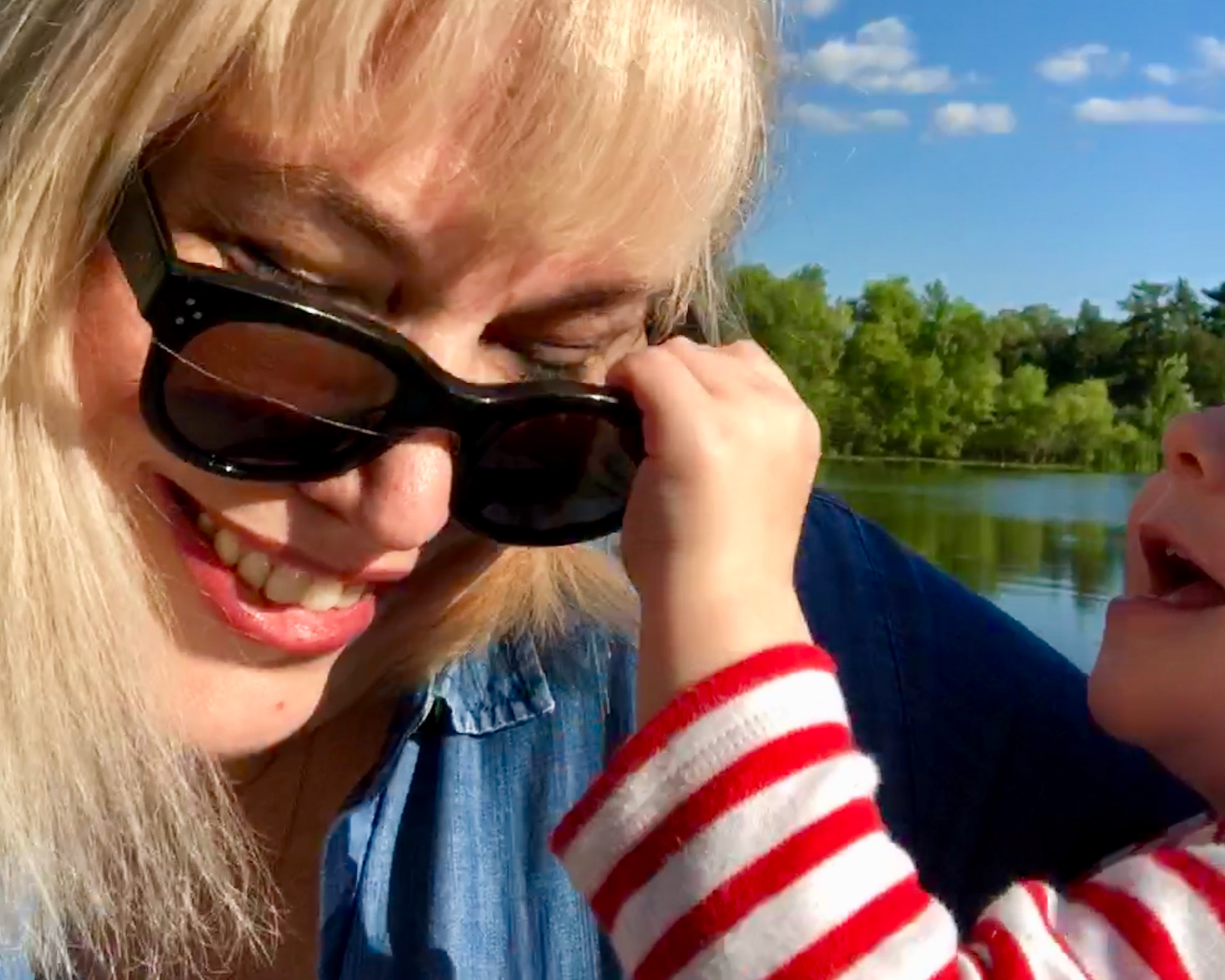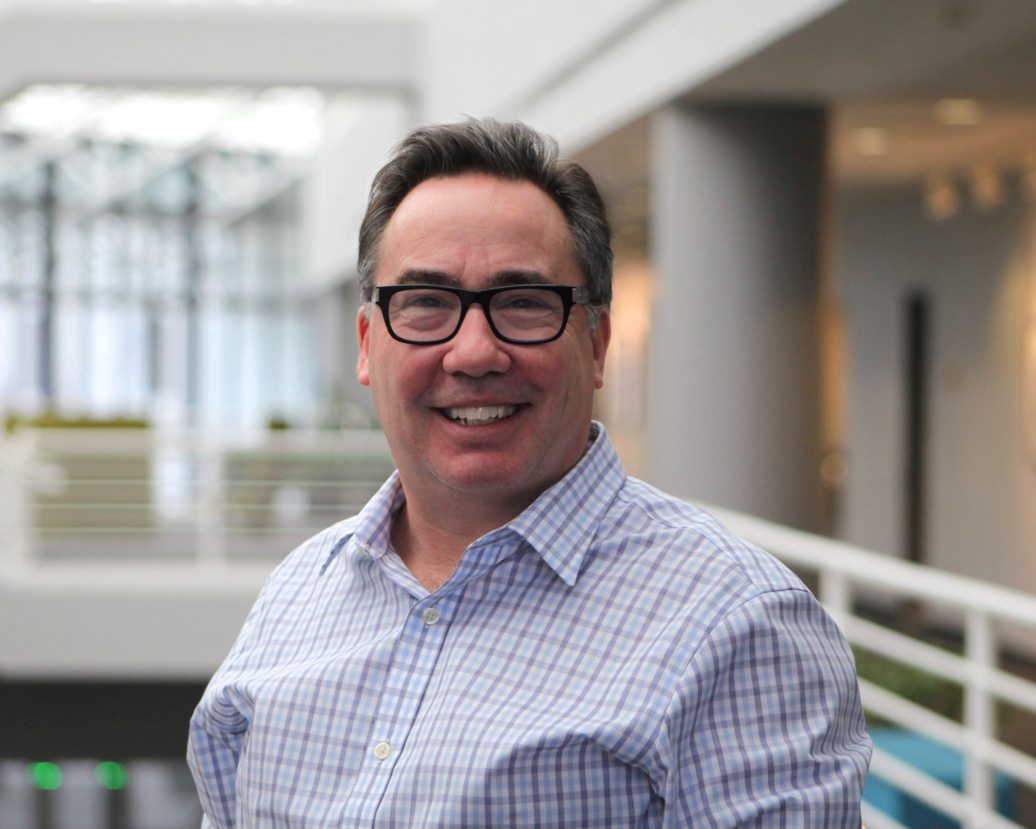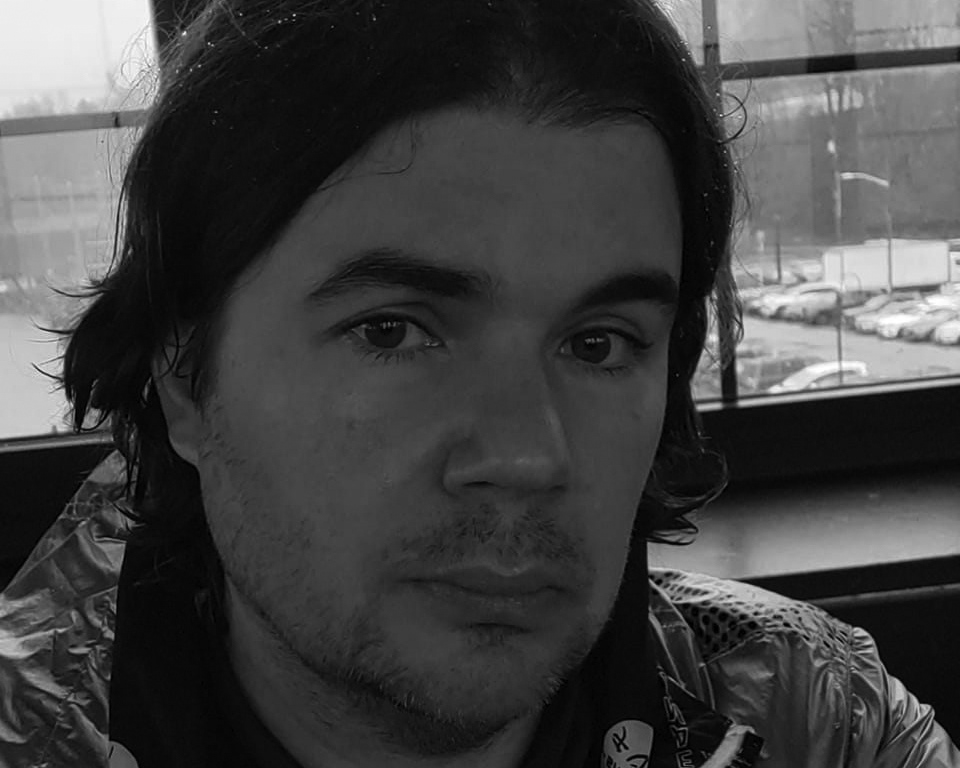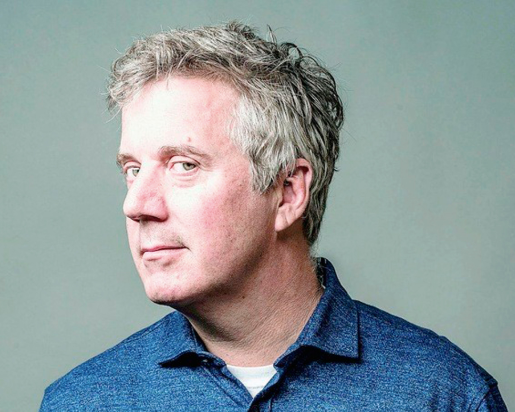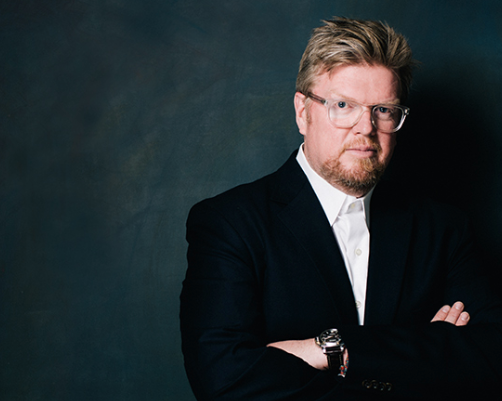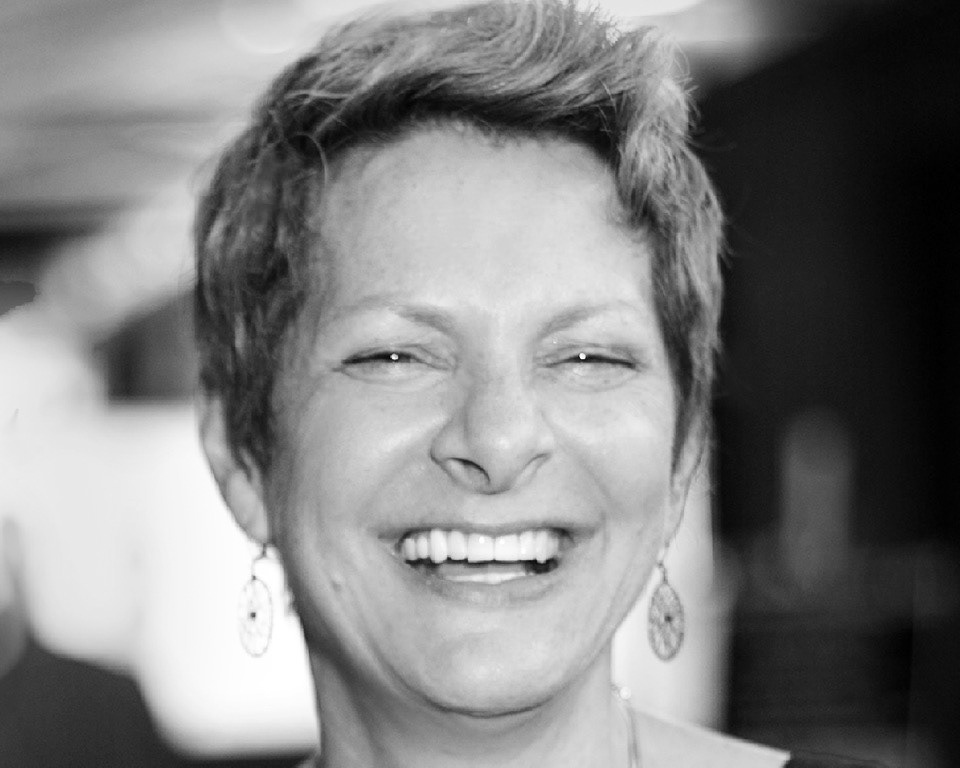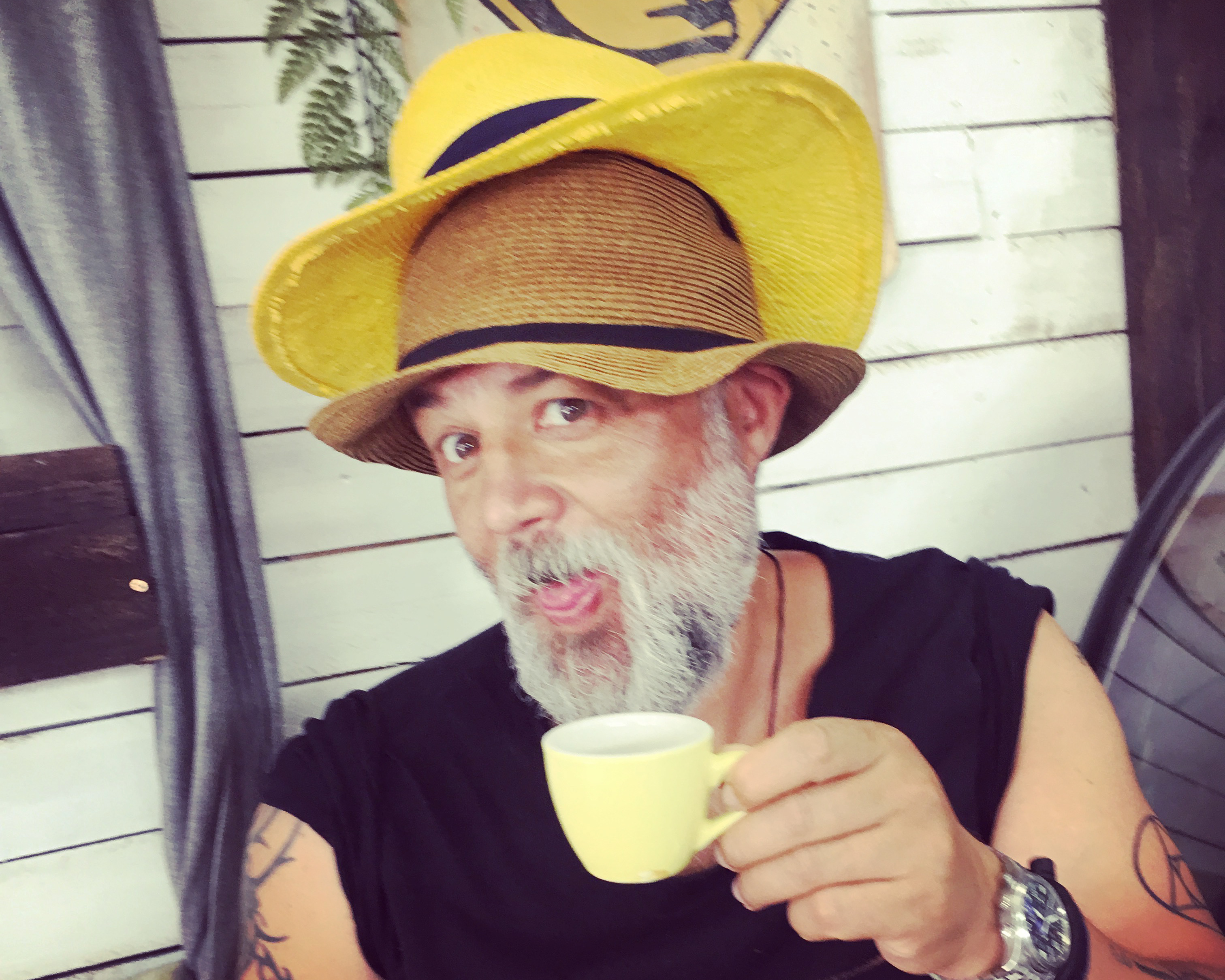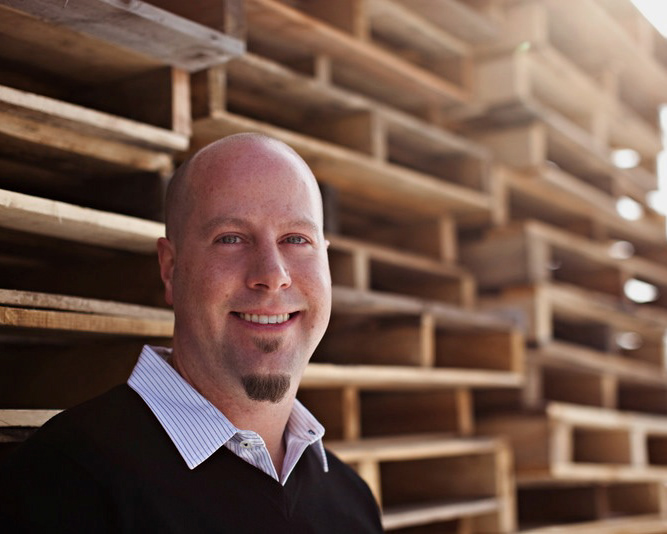Over his 40-year advertising career, Dave has worked alongside legends like Jay, Lee, Jeff, Rich, and Hal – last names not necessary. His brilliant work for clients like Saturn, EV1, Isuzu, Aspen, among many (many) others has inspired both creativity and immense jealousy. And as if being among the very first nominees for an "Emmy for a TV spot" weren’t enough of a claim to fame, Dave’s work is also included in Museum of Modern Art New York’s permanent collection. He’s worked as a CD, CCO, and for the past 18 years, as a freelance writer. These days, though, Dave has stepped away from penning :15 pre-roll and instead shifted his focus to writing much longer stories that we're sure we'll be seeing on the big screen soon.
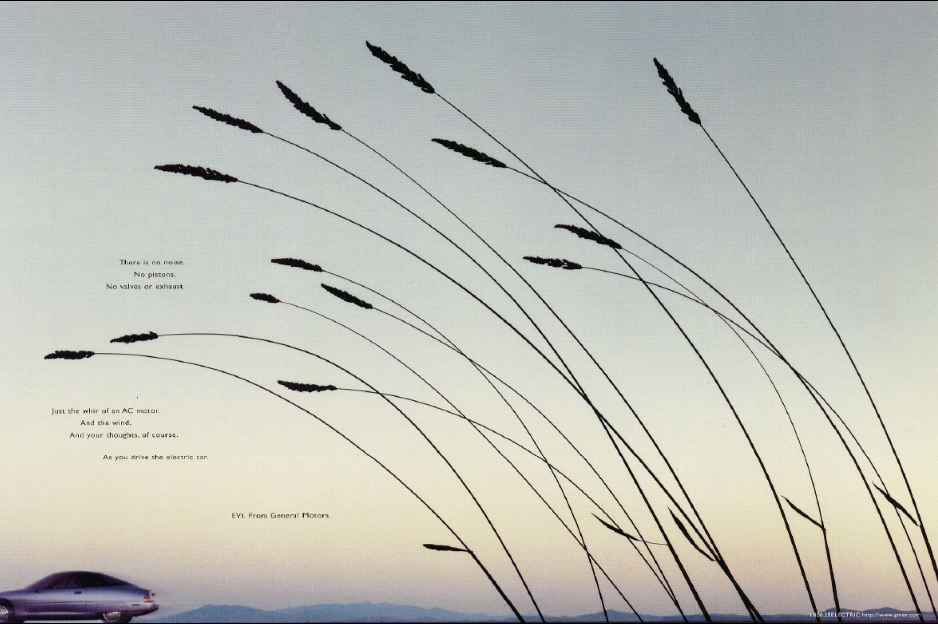
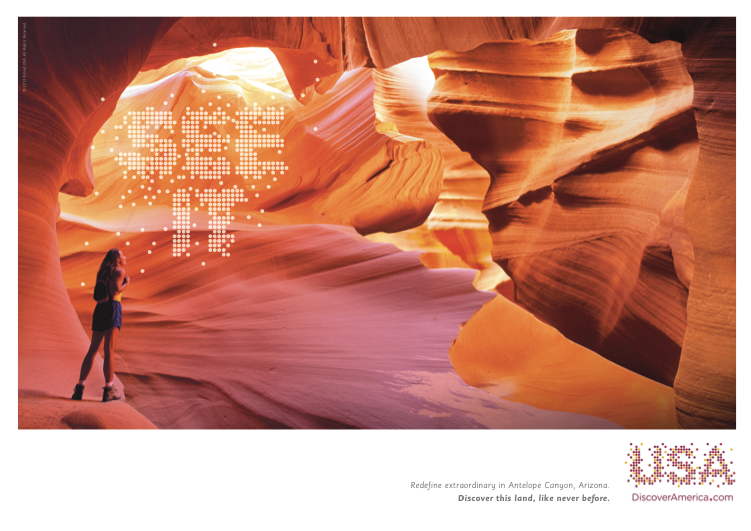
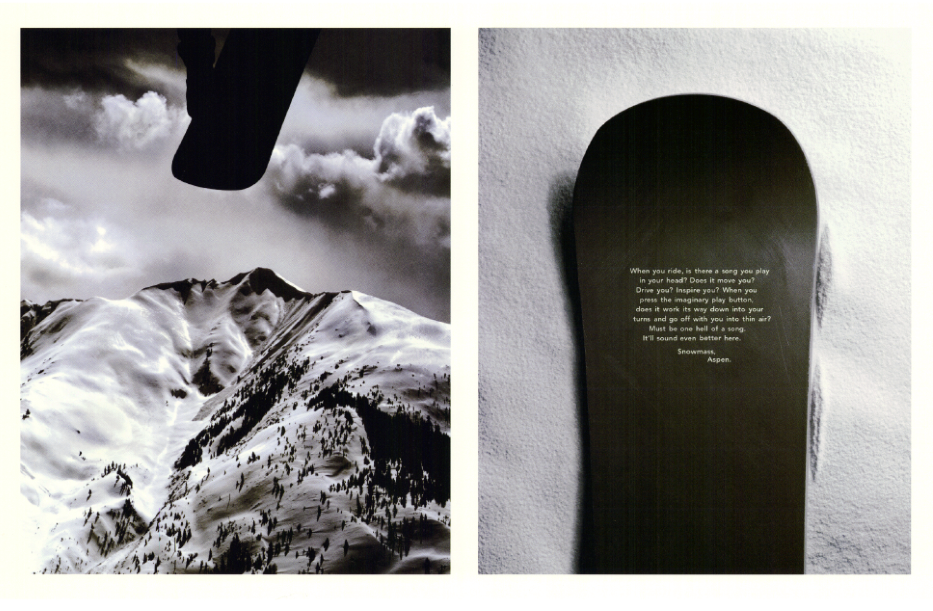
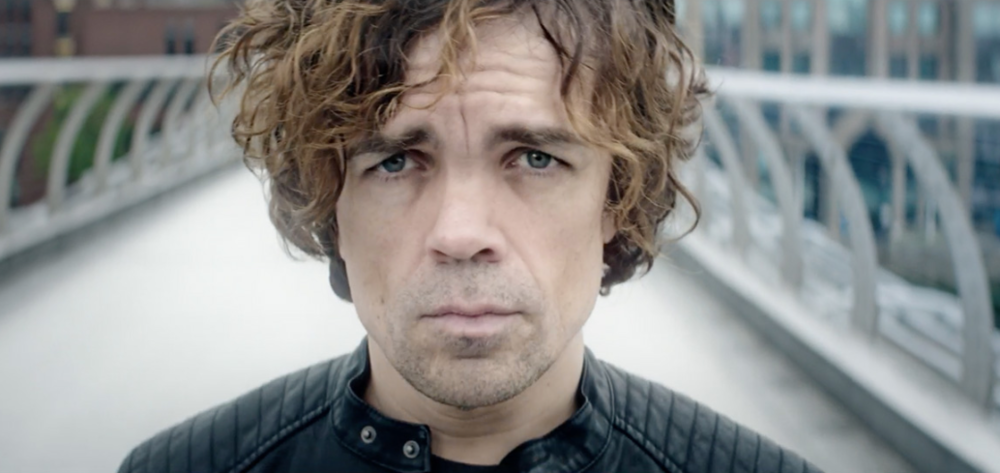
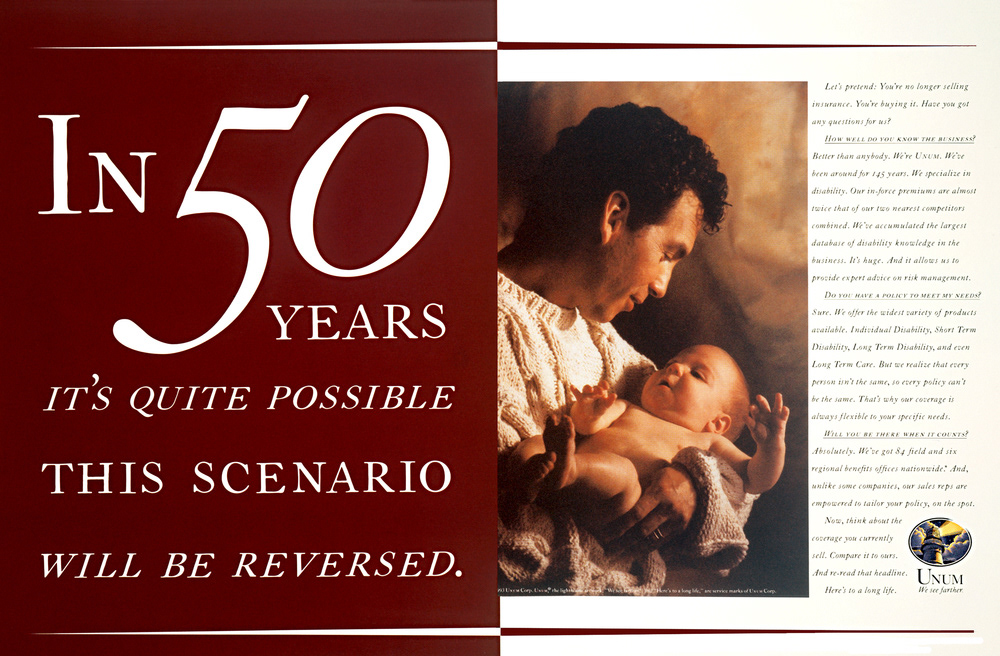
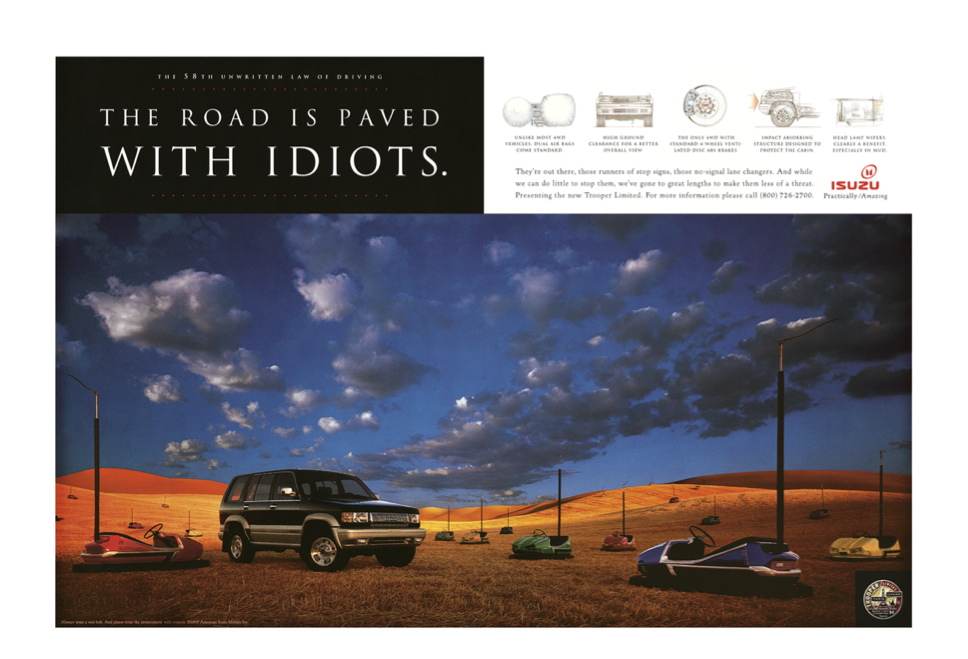
Is ageism in the industry something you thought about in your 30s? Your 40s?
I don’t think I ever thought about ageism in the business when I was younger. I think that’s because it always seemed like there were a lot more older folks around back then. In fact, as a younger writer, I sought them out. I studied them; their styles, their cadences; the way they solved problems using words. I mean, why wouldn’t I try and learn from people who’d been at this a lot longer than me? Early on, I’d actually give my copy to them and ask them to critique it. And they would, too. It’d come back all marked up like some school paper. Try doing that nowadays and you’re more likely to be told to fuck off than receive a thank you.
Is ageism something that’s affected you? What are some of the challenges you faced as a person who was getting older in the business? Do tell.
Two years ago, I was doing some freelance work directly for a company, not an agency. For obvious reasons, I won’t name that company, nor will I identify the CMO who, in an email not intended for my eyes but accidentally sent to me anyway, told others that I was too old to be working on the business and not to use me anymore. Turns out this same CMO then went on to put the business up for review. I got booked by one of the agency’s pitching. Not only did they win but for the next year I went on to write and produce pretty much every single piece of work this CMO held up as exemplary, including repositioning and relaunching the entire company. To this day, this CMO has no clue it’s all done by someone “too old” to work on the business.
Tell us about your own creative journey. What are your thoughts on where you are now, compared to your mindset when you were in the beginning of your career?
I never intended to go into advertising. I wanted to be a screenwriter and went to film school, USC. After graduating, though, it became clear very quickly that I was going to be just another unemployed screenwriter in Hollywood. But I had no clue what else I could do. I mean, it’s not like a film degree prepares you for much else. So, I looked around and thought—well, maybe advertising. But I’d taken no courses, had no portfolio; nothing, zip, zilch, and I ended up taking the only “advertising” gig that would have me. And for the next several years I sat in a basement and wrote want ads for the LA Times. From there it was step up when I went to a tiny little shop in 119-degree Phoenix. Then in 1984, like a lot of people, I saw “the spot” for Apple and I said, Holy shit, you can make little movies; I want to work with those guys. But I still didn’t really have much of a book—at least not a book Chiat/Day would pay any attention to. So, for the next year I wrote and sent them an ad about why they should hire me; figuring if I can’t sell myself then I have no business being in the business. At the end of that year I got a letter from them telling me to stop sending ads…and why don’t I come in and talk.
I do think that in some way, the untraditional way I broke into the business carried over as my career progressed in that I have always tried to look for unconventional solutions. I think it also influenced the agencies I was drawn to join: Chiat/Day; early, early Goodby, and later on Hal Riney & Partners. I mean, talk about a contrarian. Someone told Hal once that in order to sell wine coolers to young people you needed young people in the ads. We all know how that landed. By the way, Hal was in his fifties when he started his own shop.
"Someone told Hal once that in order to sell wine coolers to young people you needed young people in the ads. We all know how that landed."
What do you feel creative people over 50 can offer over someone 20 years their junior, things that are unappreciated, or just plain overlooked?
Well, advertising may be the only business I’ve come up against that places little to no value on experience. There are architects in their 90’s who are still revered and, I might add, still working. Look, this whole business is about solving problems. So, it stands to reason the longer one has been at it the more likely they are to (a) understand the problem (b) solved similar problems in the past (c) recognize a fresh new approach versus one that’s been done to death in the past. This assumes, of course, that one also has the creative chops to pull it off. Yes, I am more expensive than, say, a junior team combined. But I am also more likely to solve the problem in a just a few days. You tell me what’s the better value? Unfortunately holding company bean counters usually don’t see it that way. Two weeks at $1/day looks better on the books than 2 days at $10/day. You get what you pay for is how I view it. But I digress…
"Advertising may be the only business I’ve come up against that places little to no value on experience."
What can older creative people offer?
Picture this: you’re a 24 year-old GI stuck in a foxhole behind enemy lines. Who would you rather have in there with you to get you back in one piece—the combat veteran or the rookie still trying to figure out where the two of you are on Google Maps?
What is your advice to people who are nearing or over 40 in the ad industry?
Stay curious. And be prepared to reinvent yourself. Again and again and again.
How are you approaching the next 10 years? What does your future hold?
Advertising has been really good to me and I’ve worked at some amazing places, with incredibly smart people, for some ground-breaking clients. But it’s time to go be a screenwriter now.
What do you see as potential solutions for ageism in the industry? Any thoughts on possibly unionizing?
There’s been talk on and off of trying to unionize for as far back as I can remember. The solution I might suggest has to do with who is mentoring young people nowadays? I got to where I got for no other reason than I had mentors—Jay, Lee, Jeff, Rich and Hal. They took time and they took an interest. They taught me stuff, either directly or indirectly. Don’t get me wrong, there are a lot of really terrific, seasoned creative people out there right now who are trying their best to mentor on the job. But the sad reality is most places are stretched too thin, the work-loads too crushing, the demands so overpowering that there just isn’t time. Maybe that’s where we start looking at age not as something to shun but as something to welcome. Maybe some smart agencies will start bringing CME’s on-board—Chief Mentoring Elders. Could be a hell of a competitive advantage.
What are some positive things you’ve experienced as you’ve grown older in the business?
I’m a lot more comfortable in my own skin. I trust my instincts now. I’ve been at this for nearly 40 years—20 years on the inside and 18 years freelancing, so I’ve very little left to prove, which is incredibly liberating. I do what I think is the right thing to do and more times than not it turns out to be just that—the right thing. (Hey aforementioned CMO, was that not the right thing, or what?)
"I’ve been at this for nearly 40 years—20 years on the inside and 18 years freelancing, so I’ve very little left to prove, which is incredibly liberating."
Who do you look to for inspiration?
James Ivory won his first screenplay Oscar at 89.

